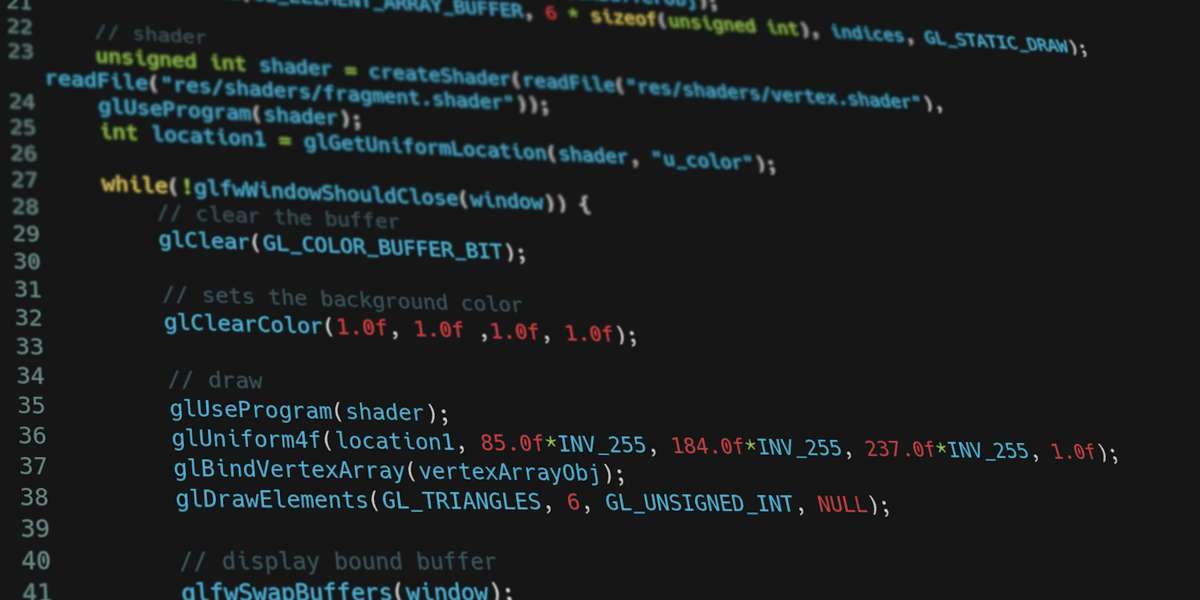In today's fast-paced digital era, efficient Reservation System Design has become a cornerstone for businesses that rely on managing bookings, appointments, or reservations. From airlines and hotels to healthcare and event planning, reservation systems streamline processes, enhance customer experiences, and boost operational efficiency. This article explores the key components, benefits, and best practices involved in designing a robust reservation system.
What Is a Reservation System?
A reservation system is a software solution that enables users to book and manage resources such as hotel rooms, transportation, event seats, or services. The system ensures seamless scheduling, resource allocation, and customer engagement by offering real-time availability updates and automated processes.
Reservation System Design involves creating a tailored platform that caters to the specific needs of a business while providing users with a simple, intuitive interface for making reservations.
Importance of a Well-Designed Reservation System
An effective reservation system can transform how a business operates, bringing a host of benefits:
Enhanced Customer Experience
A user-friendly interface and real-time updates provide customers with a hassle-free booking experience. They can view available slots, make reservations, and receive instant confirmations.Operational Efficiency
Automation reduces manual tasks, minimizes errors, and optimizes resource management. Staff can focus on delivering quality service rather than managing schedules.Revenue Growth
With improved booking management and dynamic pricing, businesses can maximize resource utilization and increase profitability.Data-Driven Insights
Reservation systems collect valuable data on customer preferences and behaviors, which can inform marketing strategies and operational improvements.
Key Components of Reservation System Design
1. User Interface (UI) and User Experience (UX)
The design should prioritize simplicity and ease of use. A clean, responsive interface ensures that customers can make reservations quickly and without confusion.
- Features to Include:
- Search functionality
- Filters for customization (e.g., date, time, location)
- Intuitive navigation
2. Real-Time Availability Updates
To prevent overbooking or scheduling conflicts, the system should sync in real-time with the business’s resource inventory.
- Solution: Use cloud-based databases and APIs to maintain live availability status.
3. Booking and Payment Integration
Allow customers to complete their reservations in a single session by integrating secure payment gateways. Popular options include PayPal, Stripe, and Apple Pay.
4. Mobile Compatibility
With the rise of mobile usage, a responsive or app-based reservation system is crucial for capturing a broader audience.
5. Customer Notifications and Reminders
Automated email or SMS confirmations and reminders help improve customer satisfaction and reduce no-shows.
6. Admin Dashboard
A robust admin panel is essential for managing reservations, updating schedules, and accessing analytics.
Best Practices for Reservation System Design
1. Understand Business Requirements
Before starting the design process, thoroughly analyze the specific needs of the business. For instance, a hotel may require multi-room booking capabilities, while a restaurant may focus on table management.
2. Prioritize Security
Protect customer data with SSL encryption, secure payment methods, and compliance with data protection regulations like GDPR or PCI DSS.
3. Scalability and Flexibility
Design the system to accommodate growth. A scalable platform can handle an increasing number of users, while flexibility ensures it can adapt to future needs.
4. Focus on Speed and Performance
Slow-loading systems can frustrate users and result in lost bookings. Optimize the platform for speed by employing efficient coding practices and minimizing server response times.
5. Conduct Usability Testing
Regular testing ensures that the system is intuitive and free from bugs. Gather feedback from users to refine the design.
6. Implement Analytics
Incorporate tools to track performance metrics such as conversion rates, average booking time, and user behavior patterns.
Technologies Used in Reservation System Design
- Front-End Development: HTML, CSS, JavaScript (frameworks like React or Angular) for building user interfaces.
- Back-End Development: Programming languages like Python, PHP, or Node.js for server-side logic.
- Databases: Relational databases like MySQL or PostgreSQL, or NoSQL solutions like MongoDB for managing data.
- Cloud Computing: Services like AWS or Google Cloud for hosting scalable applications.
- APIs: Third-party API integrations for payment gateways, calendar synchronization, and map services.
Real-World Examples of Reservation Systems
1. Travel Industry
Platforms like Booking.com and Expedia rely on advanced Reservation System Design to handle millions of bookings across the globe.
2. Healthcare
Telemedicine platforms use reservation systems to schedule virtual consultations between patients and healthcare providers.
3. Event Management
Ticketing platforms such as Eventbrite provide seamless event reservations, complete with seat selection and QR code-based entry.
Challenges in Designing a Reservation System
1. Handling High Traffic
During peak periods, systems must handle surges in user activity without crashing. Load balancing and optimized database queries can mitigate this issue.
2. Customization vs. Standardization
Striking the right balance between offering customization options and maintaining a streamlined design can be challenging.
3. Ensuring Reliability
Downtime can result in lost revenue and customer trust. Implement redundancy and robust error-handling mechanisms.
Conclusion
A well-crafted Reservation System Design is a game-changer for businesses seeking to streamline operations and enhance customer satisfaction. By focusing on user experience, real-time functionality, and robust technology, businesses can create a system that not only meets current needs but is also prepared for future growth.
Whether you're building a system for hospitality, healthcare, or events, following best practices and leveraging modern technologies will ensure long-term success.

